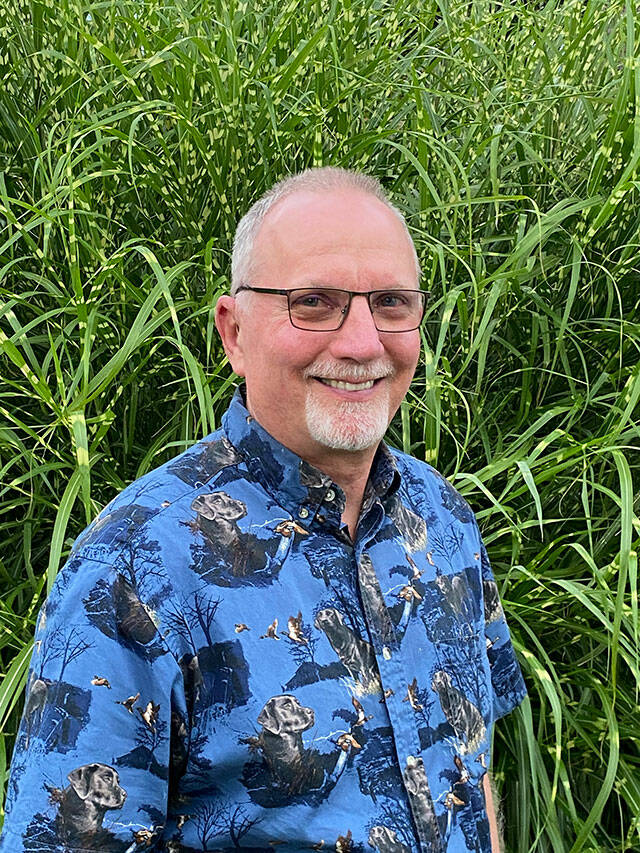Every year I take a drive to visit family and friends in eastern Washington and western Montana. I do it for a number of reasons: 1) I want to keep connected to people who live there. 2) Visiting people in different geographic regions reminds me that geography affects how we think. 3) People are usually more conservative the nearer you get to the Midwest, especially if they don’t live in big cities. Visiting with them jars me out of the mindset of those that live where I live. I can break out of my own confirmation bias that causes me to gravitate to people who agree with me.
Here are three things I learned traveling out of Puget Sound and into America’s hinterland:
1) My cousin lives in Missoula, Montana and works as a very successful real estate agent. She told me that many people from California, Portland, and Seattle were moving to Montana. Montana has the reputation of being a very red state, although Missoula is more liberal, being a big city. The real estate market is hot there, even with rising interest rates. Geographic shifts are occurring across the nation as people move to areas that are more closely aligned to them politically.
2) My cousin also shared her frustration with public school teachers who want to get paid as much as she does, even though she puts in 60-80 hours per week. She thinks teachers have it easy, getting two months off in the summers, and having winter and spring breaks. Teachers also show a lot of movies in classes, some of which have nothing to do with the subject.
My cousin forgot that I taught in public schools for 31 years. When I reminded her of this, she became concerned that she had offended me. I said that her comments didn’t bother me; I had become a teacher precisely because of the long vacations. I wanted to spend time with my family as they were growing up. I didn’t want to work 60-80 hours a week. Pay was not as important as developing and deepening relationships.
I also pointed out to her that teaching has gotten a lot harder through the years. There are more students who have suffered trauma as small children, either from neglect, drugs, divorce, and/or abuse. They come to school with this trauma and are much more difficult to deal with as a result. Being a teacher is not for sissies. The increase in the number of counselors, para-professionals, SROs (student resource officers—police who work in schools at least part time), and administrators bears this fact out. As the American family breaks down, public schools have had to try to pick up the slack.
3) I visited Bill, a former college roommate whom I have known for 52 years. He came out of the same religious cult that I did. Bill became a libertarian—someone who is against government interfering in people’s lives. While he didn’t vote for Donald Trump, he agreed with Trump’s policies. I said I wasn’t going to argue about policies. Both sides have some positive perspectives. I pointed out that Trump was a liar. He quickly retorted that Biden was a liar, too. I asked Bill where Biden had lied, but he couldn’t think of any examples. I said that my concern about Trump was that he had tried to destroy democracy by refusing to accept the results of the 2020 election. He was responsible for the Jan. 6 insurrection on the Capitol.
I asked Bill if he had seen the Special House Committee Jan. 6 hearings. He said he had, but they only portrayed one side. I reminded him that almost all of those who testified were Republicans. He responded by saying that there were many in the Trump administration who didn’t testify. Bill believed that our system of checks and balances would have protected us from an attempted coup. I pointed out that democracies have been coopted in Hungary, Poland, and Russia. It could happen here, too.
Lacking any way to defend his views, he told me I had gained weight and needed to cut back on my eating. (That’s a problem Bill is struggling with right now, too.) I dropped the argument and let his comment go, figuring that our long-term relationship is more important than our political differences.
We humans are creatures of habit. We tend to slip into mental ruts unless we find ways to break free. We tend to seek out people who agree with our perspectives and shun conversations with people who hold differing views. I travel each summer to break out of my confirmation bias. Maybe by facing up to this tendency, we can all learn to be better critical thinkers, a skill my cousin believes should be taught more effectively in schools.


